On July 9th the Times published an article by Catherine Philip concerning the previous week’s counter-terrorism operation in Jenin which was analysed here by CAMERA UK’s Adam Levick.
“While the article begins by suggesting that a Palestinian in Jenin named Abdulrahman Hasan Ahmad Hardan was unarmed when he was shot by soldiers, it then proceeds to claim that he was an uninvolved civilian, and not a terrorist as was reported.”
TIMES’ REPORTER TRIES TO TURN PALESTINIAN TERRORIST INTO A CIVILIAN
TIMES CORRECTS FALSE CLAIM ABOUT PALESTINIAN KILLED IN JENIN
On the same day, the BBC’s international and Middle East editor told his Twitter followers that Philip’s article was “important reporting”.
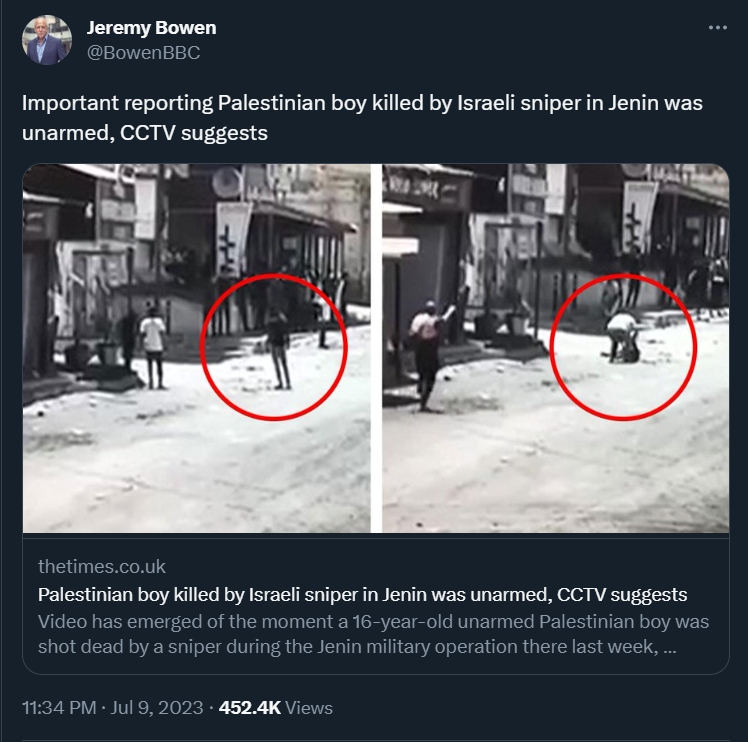
Late on July 10th UK time (early on July 11th Israel time) the BBC News website published a report by the BBC Jerusalem bureau’s Tom Bateman which relates to the same subject matter.
Headlined ‘Jenin: Palestinian boy killed during Israeli assault was unarmed – family’, Bateman’s report opens as follows: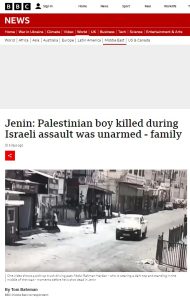
“Eyewitnesses and the family of a 16-year-old Palestinian shot dead during Israel’s military assault in Jenin have told the BBC he was unarmed and killed “for no reason”, after videos emerged of the moment of his death. […]
But the videos show Abdul Rahman Hassan Ahmad Hardan, 16, was unarmed when he was shot.
The teenager was shot in the head outside al-Amal hospital on the second day of the military incursion, which Israel said was intended to root out a “safe haven of terrorism” in Jenin refugee camp.”
Later in the report, readers are told that the PIJ claimed Hardan but not that the terrorist organisation described him as “one of the PIJ movement’s Jihad warriors” (translation by CAMERA Arabic):
“After his death, Abdul Rahman Hardan was claimed as a member by the Palestinian militant group Islamic Jihad. However, his family has distanced itself from the claim, and Israel has yet to show evidence he posed a threat at the time he was fatally shot.”
Bateman goes on to describe one of the videos upon which his report (and the earlier one from the Times) is based but does not provide readers with a link to that footage:
“In one video, first verified by the Times newspaper, the teenager can be seen standing in the street next to al-Amal hospital, close to a group of boys or young men. Rocks or other debris appear on the ground in the vicinity. No weapons are visible and Abdul Rahman appears unarmed.
Around 13 seconds into the footage, which has no sound, he leans forward to look down a street next to the hospital. He is then seen falling to the ground, having been shot in the head.
The original source of the video is not known to the BBC, but the boy’s family and the eyewitnesses verified it as showing Abdul Rahman being shot.”
Bateman’s claim that the video was “first verified” by the Times does not inform BBC audiences of the qualification included in that paywalled report:
“The video, which The Times has verified with eyewitnesses, as well as with the parents of the dead teenager, appears to capture the moment Abdulrahman Hasan Ahmad Hardan died as he stood in front of the al-Amal hospital, after responding to a call from the mosque in his village to donate blood.” [emphasis added]
Readers can compare Bateman’s description to the video itself as promoted by the Hamas sympathetic organisation ‘Palestine Online’ on July 8th and decide for themselves whether or not that portrayal of a person claimed to be Hardan ‘leaning forward’ to look down a street that connects to the junction where he was already standing tells the whole story.
Bateman later provides the family’s version of events:
“The teenager’s father, Hassan Ahmad Hardan, told the BBC that his son was on his way to the hospital to donate blood when an Israeli military vehicle entered the street.
“He was standing in the street to cross it when they shot him in the head from the back,” said Mr Hardan.
“He did not carry anything with him – no stone, no weapon, nothing,” he added.
In an interview with the Times, his family also said Abdul Rahman was not a militant and did not belong to any armed group.”
Once again, readers can judge for themselves the credibility of the claim that Hardan was just “standing in the street to cross it”.
Bateman’s journalistic curiosity did not extend to enquiring why a sixteen-year-old was going to donate blood when, in line with WHO recommendations, the minimum age for blood donations organised by the Palestinian Ministry of Health is eighteen.
Neither did Bateman ask why Hardan was apparently outside the Al Amal hospital – which is classified by the PA as a maternity hospital (p 125 & p 136 here) – when the closest blood bank is at the nearby Khaled Suleiman government hospital in Jenin (p 145 here).

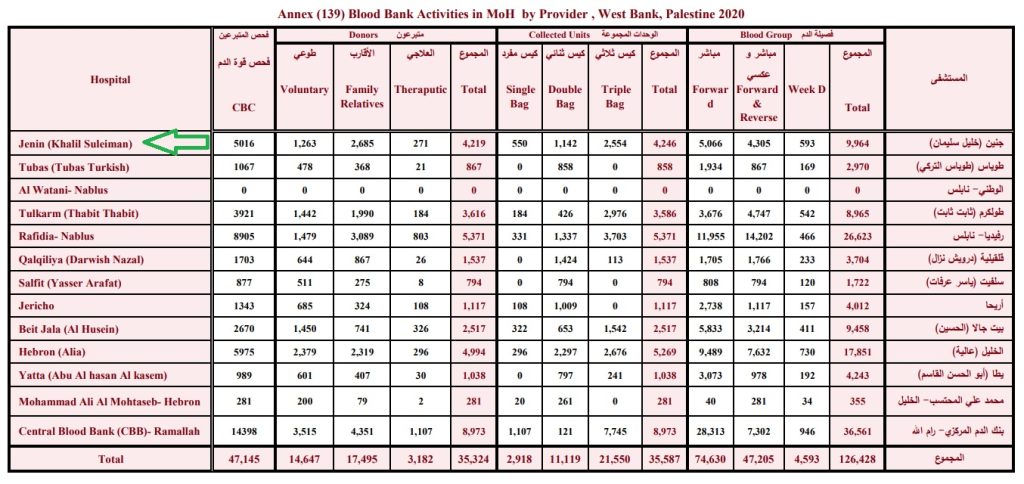
Bateman goes on to support his story with quotes from an anonymous “eyewitness” before continuing:
“Of the 12 Palestinians killed in Jenin last week, two were aged 16 and two were 17 years old. Ten of the total were claimed as members by militant groups.”
He does not bother to clarify that the two fatalities not claimed by any of the terrorist organisations operating in Jenin were 16 and 22 years old or that the Palestinian Islamic Jihad claimed one sixteen-year-old and three seventeen-year-olds.
Over the past nine months Tom Bateman has on several occasions promoted the topic of ‘child casualties’ in his reporting on Israeli counter-terrorism operations:
BBC’S TOM BATEMAN PROMOTES THE NARRATIVE OF DESIGNATED NGOS
LOOKING BEHIND BBC REPORTING ON THE DEATHS OF PALESTINIAN TEENS
However, BBC audiences have yet to see any serious reporting from Bateman or any other BBC journalist on the issue of the exploitation of minors by terrorist organisations.
Just five days before the appearance of Bateman’s report, the BBC found itself having to apologise for promoting the false allegation that Israeli forces are “happy to kill children”. That, however, did not prevent Tom Bateman from writing an entire article based on a video that he admits the BBC did not source or verify, along with accounts from an interested party and an unidentified “eyewitness”.
Related Articles:
BBC NEWS APOLOGISES FOR ‘THE ISRAELI FORCES ARE HAPPY TO KILL CHILDREN’ CLAIM

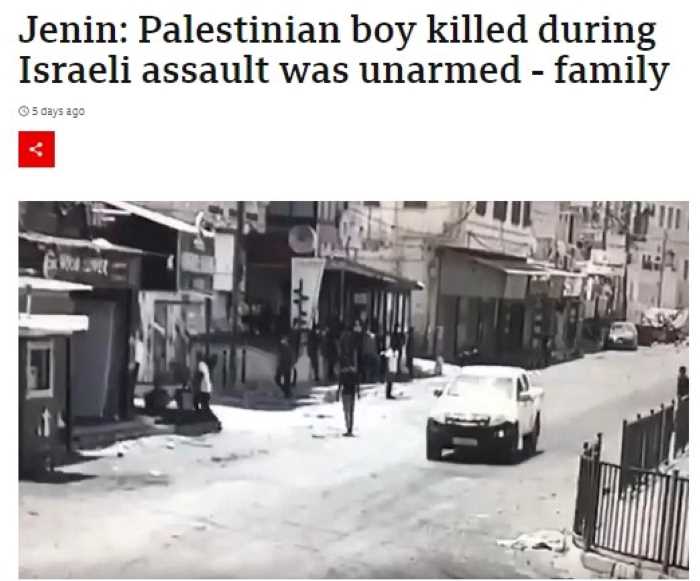
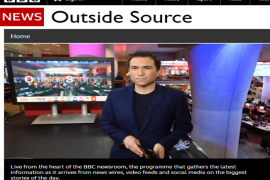
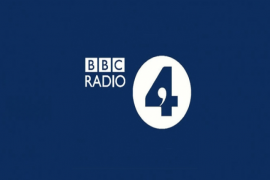
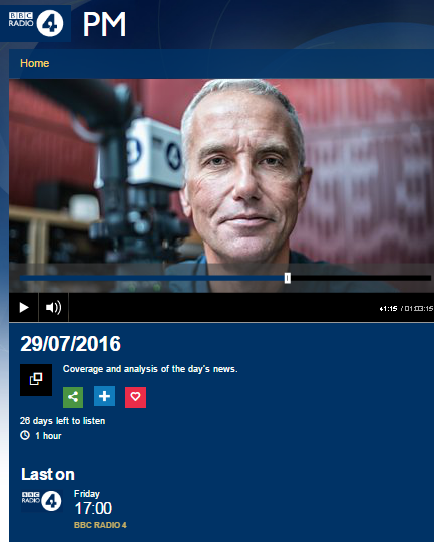

Still waiting for the BBC, The Grauniad, The Indy and (now) The Times or any other of the antisemitic rags to print all, or even a significant part of, the official Israeli versions of the Jenin operation. It’ll be a long wait – because they only ever use such incidents to demonise Israel – and never to show the Iranian terrorist puppets in a bad light.